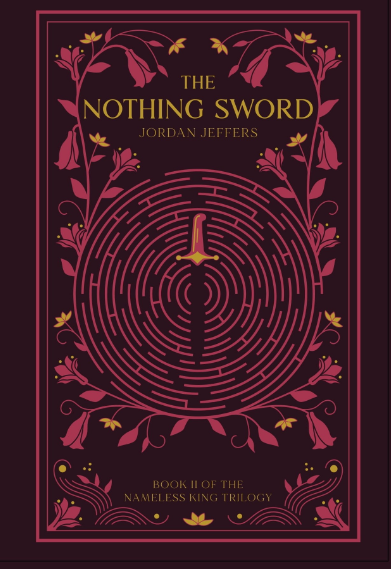Book review in one tweet
If you read *Infinite Jest* and you loved all the endnotes about math, then this is the book for you. #ManyParadoxesAlsoIncluded
Favorite quote
"If this still fails to make the basic idea clear, you're asked to please just eat it (the idea) because this is the best we can do." - p. 271
Review
Everything and More traces the development of the mathematical concept of infinity, from the somewhat incomprehensible work of really smart Greek guys to the slightly more incomprehensible work of really smart French guys to the perfectly incomprehensible work of really smart German guys. There's even an American thrown in at the end for good measure. Though the material is super challenging, what Wallace is really going for here is understanding; he wants you to actually see why the concept of infinity was so difficult for mathematics historically, and why the work by Weierstrass, Dedekind, and Cantor (the "heroes" of this book) was so revolutionary and beautiful.
He mostly succeeds. As in, by the end of the book, I felt like I actually sort of understood Cantor et al's basic thinking, in spite of how complex it got. And I think, even more importantly, that I understood the potential problems with it. We tend to treat math as a sort of pure and unquestionable branch of knowledge, but what Wallace does really well is to trace out the places where even the most rigorous concepts of infinity fail to provide that pure certainty. And, in turn, sort of expose the basic uncertainty behind all of math. This uncertainty exists, in spite of how well math works in practical applications. It's Cantor's work that leads eventually to Gödel and his incompleteness theorems, which I know nothing about, but which I intend to read more about after finishing this book.
If you're considering reading E & M, then please consult my favorite quote above, because it perfectly sums up the proper approach. It is impossible to read in the same way you might read, say, Oliver Twist or Moby Dick or the latest edition of Cosmo. If you happen to be a mathematician, or if you just had a lot of college calculus, you will likely understand it better than I did. But for the rest of us, there are a lot of places in this book where you'll have to "please just eat it" and move on. There's enough of value in the rest of it to make this worth doing.
Nerd rating
6 wizard staffs (out of 10)
Normally I'd be giving this seven or eight staffs, but this book is really only suited for three types of nerds: math nerds, David Foster Wallace nerds, and "I'll read anything that looks hard because I am a book hunter and no prey is too challenging" nerds. All other nerd varieties should probably steer clear.
Non-nerd rating
2 cold, frosty beers (out of 10)
I suspect many people will need two cold, frosty beers to get through two pages of this. But if you do manage to get through it, you may find a few things that keep you thinking long after you put the book down. Many of the concepts of infinity can be expressed in terms of regular language (as opposed to massive strings of math symbols), and it's these normal paradoxes of infinity that will make your mind start to spin, rather than glaze over with thick molasses. I'm pretty sure that simile makes sense.
FYI, there's a lot more book reviews like this on my Goodreads profile, if you happen to be a part of that electronic book club. If not, you can select the "Books" Category of this blog to see the other books I've reviewed.



